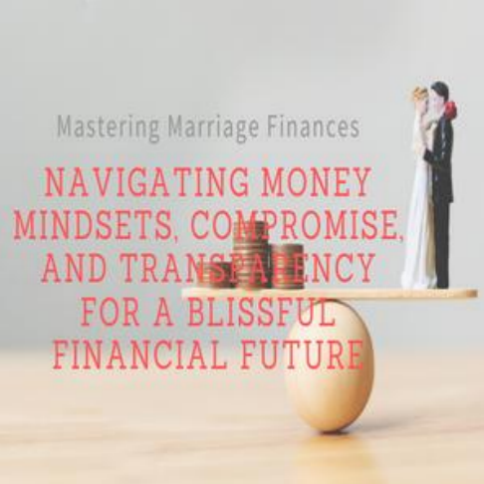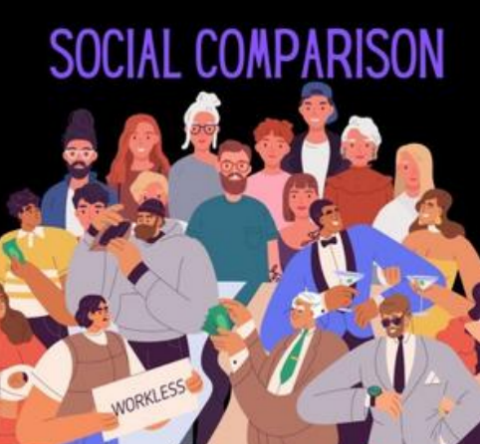Among wealthy couples, the issue of how attitudes towards money affect happiness in marriage extends well beyond just being financially compatible. For individuals with significant wealth, finances aren't merely a way to trade; they represent a tangled mix of beliefs, dreams, and emotional triggers that can either fortify or weaken the relationship.

The Illusion of “Unlimited Resources”
Couples with high incomes frequently believe that their wealth protects them from money-related conflicts. This belief, however, can lead to a misleading sense of safety, hiding more serious problems. When finances appear endless, partners may unknowingly adopt different spending styles that can affect their emotions negatively. For example, one person might see buying expensive items as a reflection of their value, while the other might think of it as wasteful spending. If these differing views are not discussed, they can create feelings of bitterness and gradually damage trust in the relationship.
The Power Dynamics of Wealth Management
In wealthy marriages, how money is handled can quietly change the balance of power. When one partner makes most of the financial choices, it can lead to an unequal relationship that affects other areas as well. Even in partnerships that seem equal, the partner with more financial skills or income might unknowingly take control. This difference in power goes beyond just who manages the money; it also involves the emotional effects of being left out of crucial financial discussions, which may result in feelings of worthlessness and separation.
Social Comparison and the “Keeping Up” Syndrome
Couples with high spending ability often find themselves in social groups where showing off wealth is common. The urge to match their friends can lead them to make money choices focused on what others think instead of their own beliefs. For example, they may feel they need to buy a second home for vacations or get new cars to uphold a specific image, even if this puts stress on their budget or personal goals. Such choices driven by social influences can lead to disagreements in the marriage, as partners struggle with the conflict between outside pressures and their own objectives as a couple.

The Emotional Currency of Financial Gifts
For affluent couples, monetary gifts can pose challenges. While extravagant presents may signify love and gratitude, they can sometimes replace true emotional connections. If one person in the relationship depends too much on costly gifts to show care, this might highlight a lack of a more profound bond. On the other hand, if a partner dismisses these gifts or sees them as worthless, they could be viewed as unappreciative, which may lead to confusion. The genuine worth of financial gifts comes from the intentions behind them, and mismatched expectations can easily turn gifts into points of contention.

In conclusion, how couples view money plays a big role in their happiness, especially for those who spend freely, often more than we think. By grasping the complex links between money, values, and emotions, partners can thoughtfully approach their financial decisions, which can enhance their relationship.



